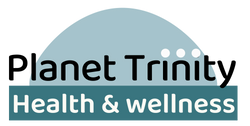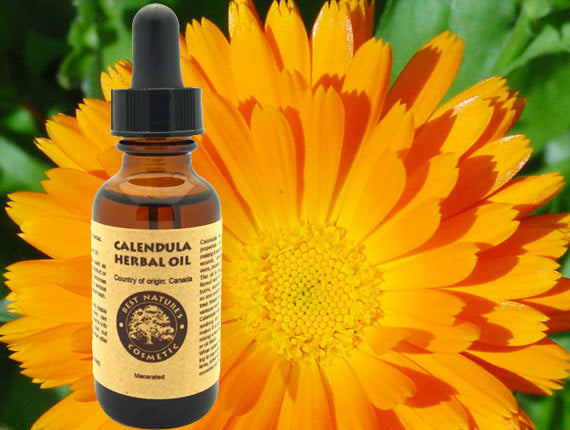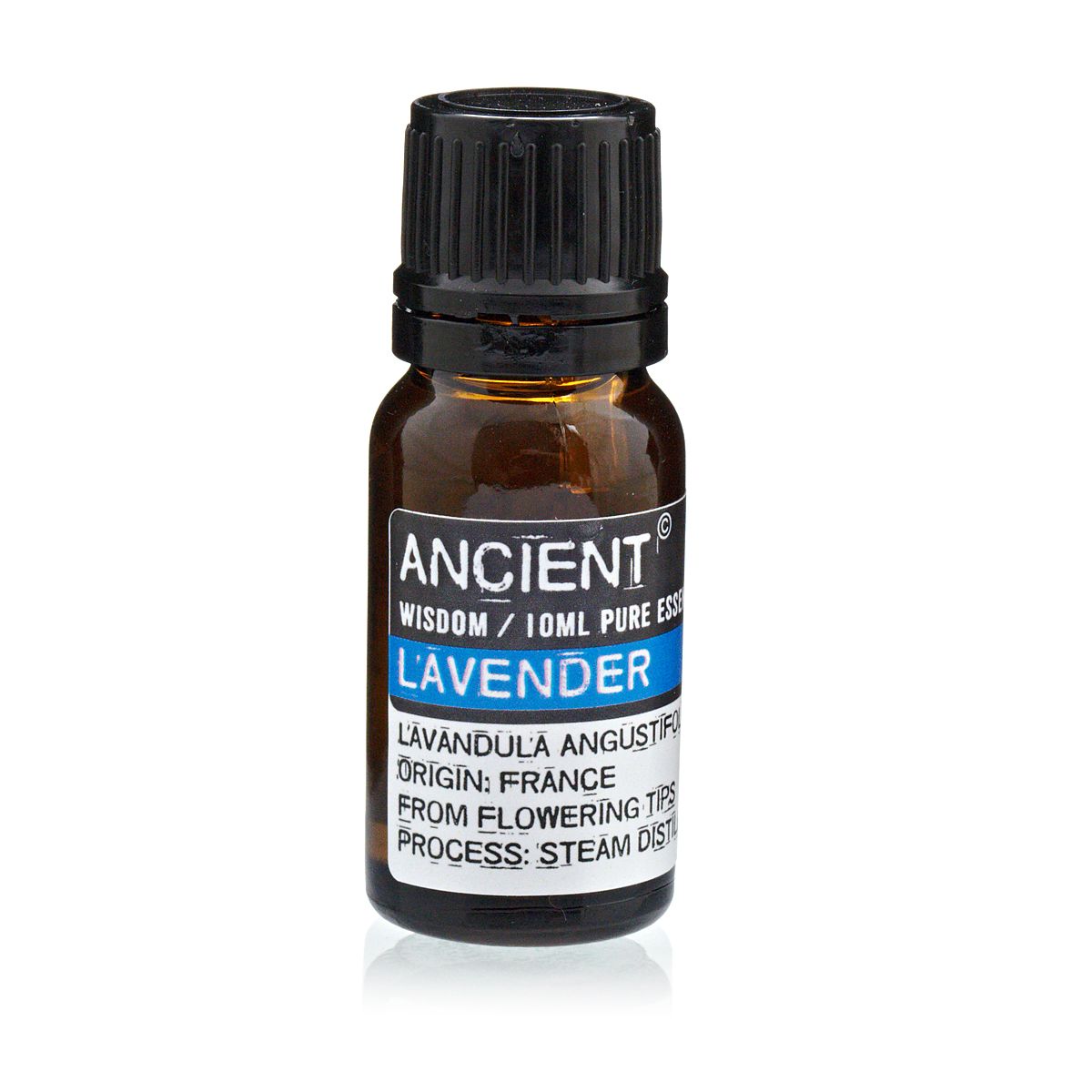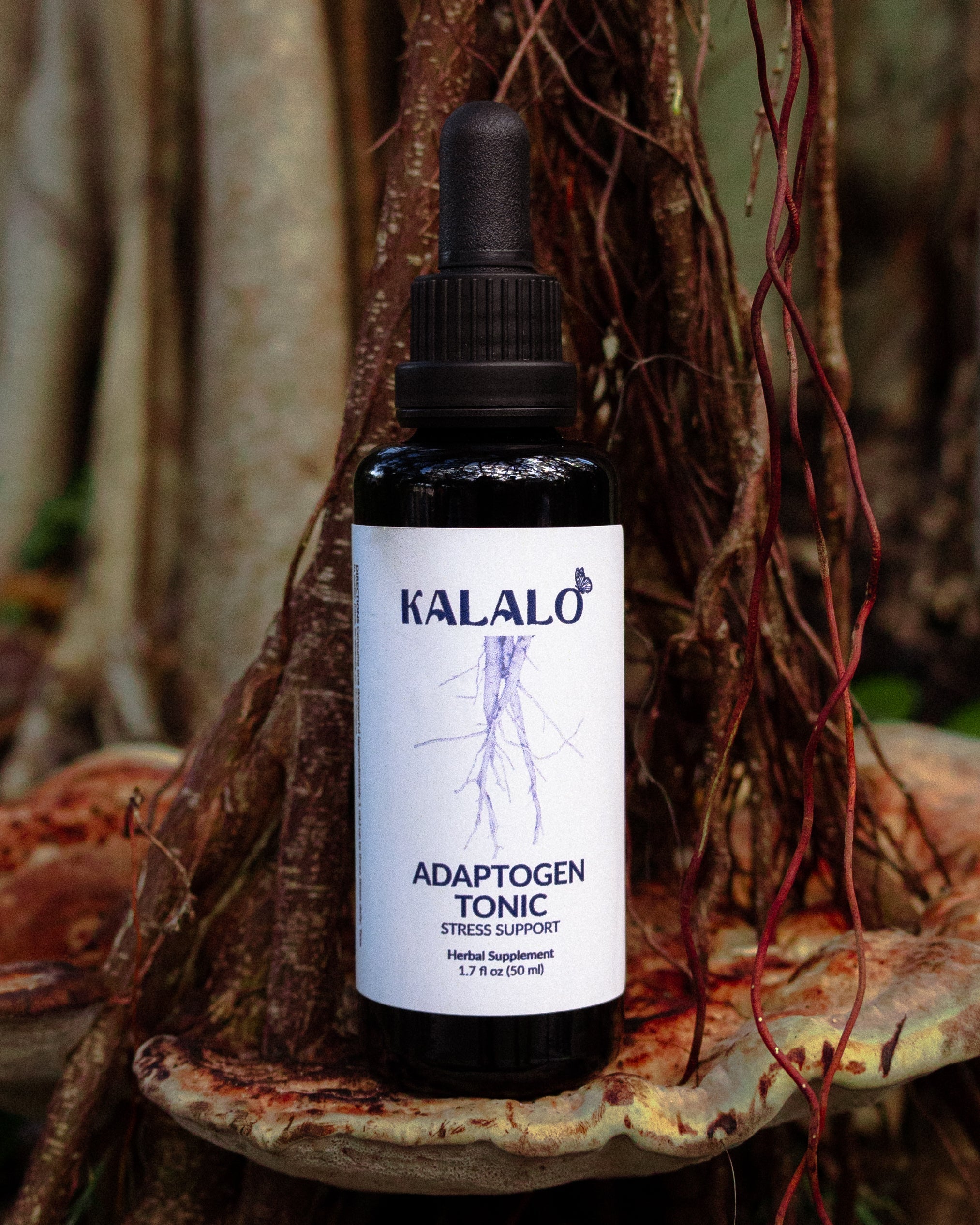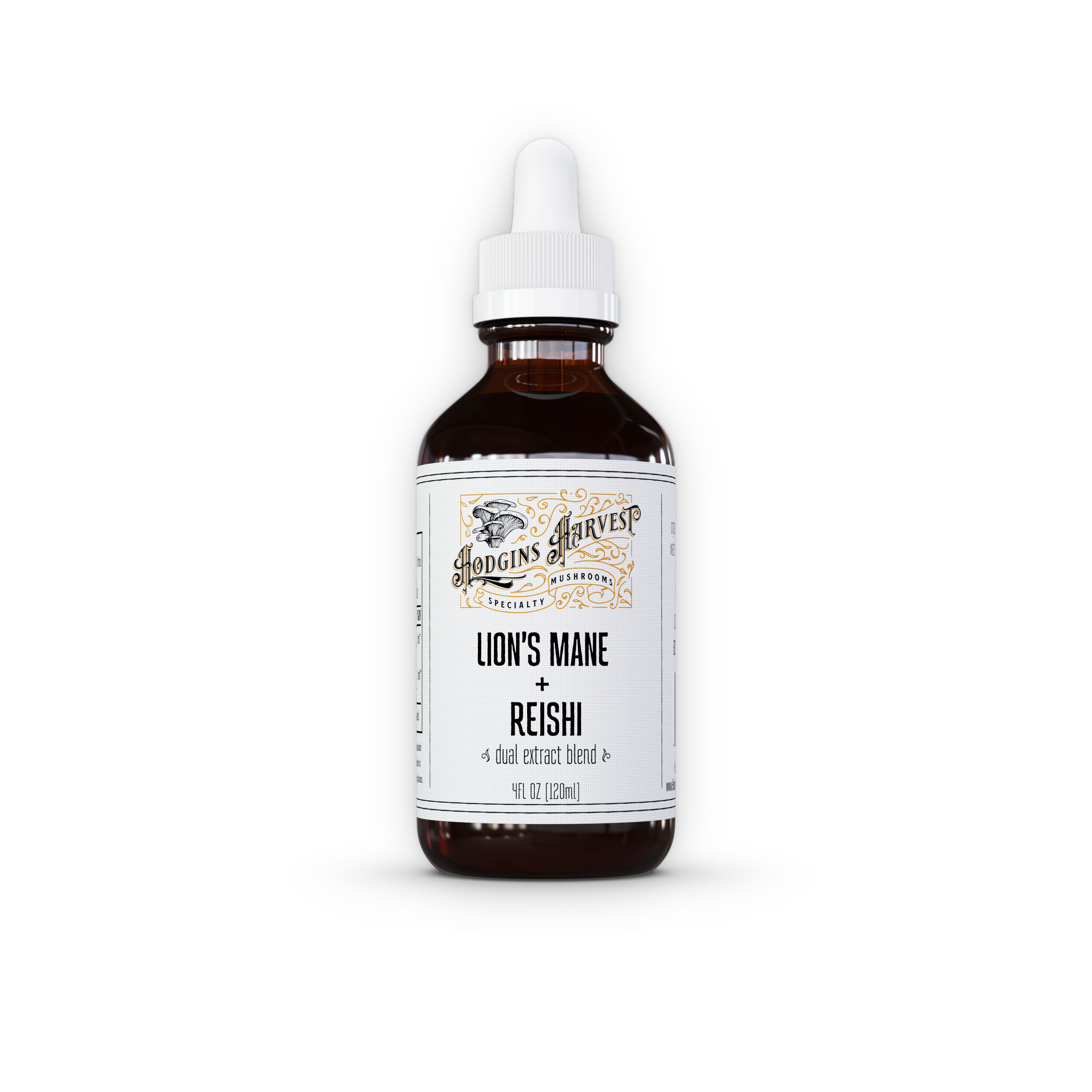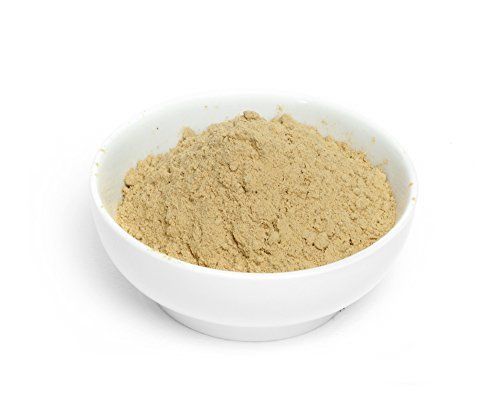
Cancer remains one of the most challenging diseases worldwide, prompting ongoing research into natural compounds that may support prevention and treatment. One such compound that has garnered attention is beta-carotene, a powerful antioxidant and precursor to vitamin A. With its potential to modulate oxidative stress and influence cancer cell growth, beta-carotene offers promising insights into its role in cancer healing and prevention.
What Is Beta-Carotene?
Beta-carotene is a carotenoid—a pigment found naturally in colorful fruits and vegetables such as carrots, sweet potatoes, spinach, and pumpkin. It serves as a potent antioxidant and a dietary source of vitamin A when ingested, supporting vision, immune function, and cellular health.
The Role of Beta-Carotene in Cancer
Oxidative stress and chronic inflammation are key factors in cancer development, promoting DNA damage and cellular mutations. As an antioxidant, beta-carotene neutralizes free radicals, potentially reducing DNA damage and inhibiting cancer progression.
Research indicates that beta-carotene may:
- Reduce the risk of certain cancers, particularly lung and skin cancers
- Inhibit proliferation of cancer cells
- Support immune system function, aiding in the body's natural defense
Types of Cancers Associated with Beta-Carotene
Epidemiological studies have suggested a protective role of beta-carotene in:
- Lung cancer: Particularly in smokers and those exposed to environmental toxins
- Skin cancers: Due to its photoprotective effects
- Colorectal and stomach cancers: Through its antioxidant properties
However, some research also shows that excessive supplementation in certain groups, especially smokers, may have adverse effects, highlighting the importance of balanced intake.
How Does Beta-Carotene Support Cancer Healing?
- Antioxidant Action: Neutralizes free radicals-—unstable molecules that can damage DNA and promote cancer initiation.
- Immune Modulation: Enhances immune cell function, supporting the body's ability to fight cancer cells.
- Cell Differentiation: Promotes healthy cell differentiation and apoptosis (programmed cell death), crucial for removing abnormal cells.
Dosage and Supplementation
While obtaining beta-carotene through diet is safest, supplements are available:
- Typical supplemental doses range from 6 to 30 mg per day.
- Higher doses should be taken only under medical supervision, especially because excessive intake might lead to carotenodermia (orange pigmentation of skin) or, in some cases, increased risk in smokers.
Why Is Beta-Carotene Better Than Vitamin A for Cancer?
While beta-carotene is a vitamin A precursor, it has certain advantages:
- Safer at higher doses: Unlike retinol (preformed vitamin A), beta-carotene is less likely to cause toxicity or hypervitaminosis A.
- Selective in activity: Beta-carotene's antioxidant properties are more targeted, with less risk of pro-oxidant effects seen with high-dose vitamin A supplements.
- Reduced risk of adverse effects: Research suggests that beta-carotene does not increase cancer risk as high doses of vitamin A may, especially in smokers.
Research examples:
- The Beta-Carotene and Retinol Efficacy Trial (CARET): A large study (1985-1998) found that high-dose beta-carotene supplementation did not increase lung cancer risk in smokers and asbestos-exposed workers, contrasting with earlier concerns about vitamin A toxicity.
- The Linxian Trial in China: Populations with high cancer rates experienced reduced stomach cancer incidence with diets rich in carotenoids, including beta-carotene.
Final Thoughts
Beta-carotene remains a promising natural compound with potential protective and healing effects against certain cancers. Its antioxidant capacity, immune support, and role in cellular health make it a valuable addition to a balanced diet rich in colorful fruits and vegetables.
Important: Always consult with healthcare providers before starting high-dose supplements, especially if you’re a smoker, pregnant, or have underlying health conditions.
In conclusion, consuming beta-carotene through diet or supplements—modulated carefully—may contribute to cancer prevention and support recovery, harnessing the power of nature's pigments for optimal health.
